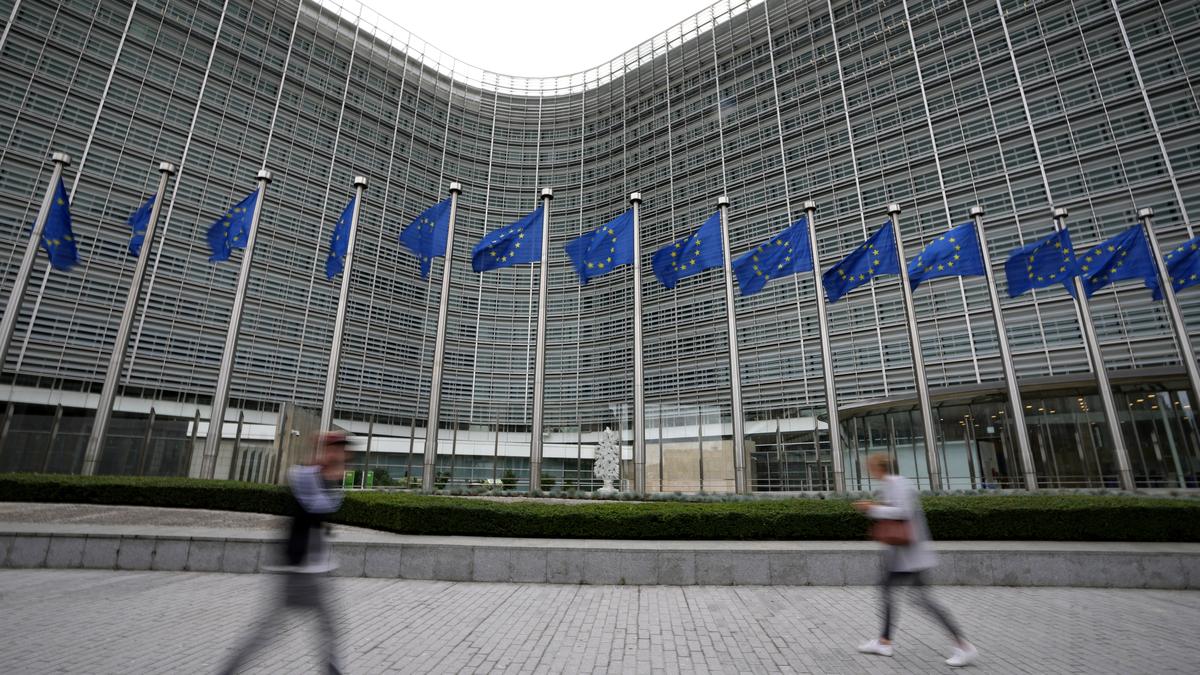Giving relief to exporters of certain products, the European Commission on October 2 has proposed to extend the implementation of its deforestation regulation by one year.
Think tank GTRI said on Thursday (October 3, 2024) that large companies are now required to comply by December 30, 2025, and small and micro-enterprises by June 30, 2026.

Major agriculture-exporting countries, including Brazil, India, Indonesia and the U.S., have raised objections on the EU Deforestation Regulation (EUDR).
“…the Commission also proposes to give concerned parties additional time to prepare. If approved by the European Parliament and the Council, it would make the law applicable on 30 December 2025 for large companies and 30 June 2026 for micro- and small enterprises,” the EC said in a press release issued on Wednesday.
The EUDR was adopted on May 16, 2023, and seeks to prevent the import of specified goods contributing to deforestation and forest degradation on the EU market.
The covered products include coffee, leather, oil cake, wood furniture, paper, and paperboard, with plans to expand the product list further.
However, the regulation has faced significant backlash from several major trading partners.
The Global Trade Research Initiative (GTRI) said that India’s exports of products like coffee, leather hides, and paperboard worth USD 1.3 billion annually to the European Union could be impacted due to the regulation.
“For India, the EUDR’s complex compliance requirements pose a serious challenge,” GTRI Founder Ajay Srivastava said.
Products such as coffee ($435.4 million), leather hides and skins ($83.5 million), oil cake ($174.5 million), paper and paperboard ($250.2 million), and wood furniture ($334.6 million) are directly impacted by the regulation, he said.

He added that the compliance process is particularly burdensome and exporters must ensure that the land used to produce goods for the EU market was not deforested after December 31, 2020.
“They are required to implement costly traceability systems that track the entire supply chain from Indian farms to EU markets providing detailed information on commodity quantities, farmer names, and land plot locations,” Srivastava said.
This complex procedure also involves sharing farm and farmer data with the EU, and companies must submit a due diligence statement to EU importers, certifying that their products comply with both local and EU regulations related to land use, labour, and human rights, he said.
Published – October 03, 2024 10:26 pm IST






